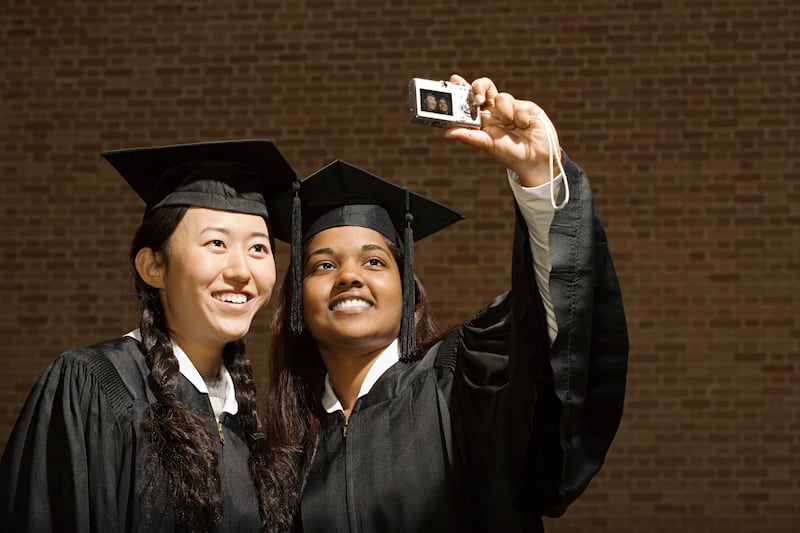Queen’s University Belfast has found itself at the bottom of an embarrassing league table. The Sunday Times has discovered it is one of 15 elite Russell Group universities offering a “back door” to international students by setting lower admissions criteria.
Queen’s has the largest discrepancy cited: an international student would need only one grade E at A-level or equivalent to get onto a course normally requiring one A and two Bs.
International students do not include those from the EU or other parts of the UK.

Ulster University featured in a separate Times investigation last December, as one of several regional UK universities offering courses to international students at a ‘London campus’. It also has a ‘Birmingham campus’.
Much public reaction to the Sunday Times story has been based on a misconception that international students are taking places from domestic students. In reality, each category is legally distinct and universities can recruit as many international students as they like without reducing domestic places. The only way an international student could displace a domestic student is if the university ran out of physical capacity – literally could not fit both of them into a lecture theatre – and decided to favour the higher-paying overseas student.
While that may sometimes happen, in general international students help to subsidise domestic places. This role is becoming more important as fees for domestic students fall behind inflation. One-fifth of students in Northern Ireland are from outside the EU, yet they pay almost half of the total tuition fee income. They also contribute to the wider economy in numerous ways, perhaps most significantly by enabling Queen’s and Ulster to grow and deliver benefits well beyond simply having more students.

There had been no apparent downsides to international recruitment but the back door introduces two. Course standards will fall if unsuitable applicants are admitted, as students struggle to keep up and staff struggle to teach them. The reputation of UK degrees will fall, at home and abroad, if they come to be seen as compromised or mere ‘credentials for cash’. The involvement of two-thirds of the Russell Group means a reputational collapse could happen swiftly. It will not be possible to dismiss the problem as confined to less prestigious universities.
Northern Ireland has an additional problem, in common with Scotland. Both regions subsidise fees for domestic students, so both have capped domestic places to keep the subsidy under control. This means Queen’s and Ulster are not allowed to use their higher fee income from international students to create more domestic places.
International students are typically paying £20,000 a year for an undergraduate arts course or £25,000 for a science course, enough to cover the cost two to three times over. Both our universities aim to recruit thousands more of these students but they cannot use the huge profits this will make to create even one more place for a teenager in Coleraine because Stormont wants to subsidise that teenager’s fees by £4,500 a year. That teenager will hence be displaced to Britain, facing full fees that Stormont will have to stump up in advance.

This policy was foolish enough before the back door issue was known.
Universities are key public institutions that still receive the bulk of their income from the taxpayer, directly or indirectly. They have always been opaque about how much courses cost to provide. Stormont should be prising this information out of them to see how much subsidy is required and what contribution international fees could can make to raising the domestic student cap.
An international student would need only one grade E at A-level or equivalent to get onto a course normally requiring one A and two Bs
Stormont should also be monitoring admissions practices and course standards that could exploit students and undermine the taxpayer’s investment.
The government set up an independent Office for Students in England in 2018, supposedly to perform some of these functions, although it seems to be perceived more as a culture war battering ram.
Northern Ireland needs something similar but more focused. It may be added to the long list of things a returning executive needs to do.




